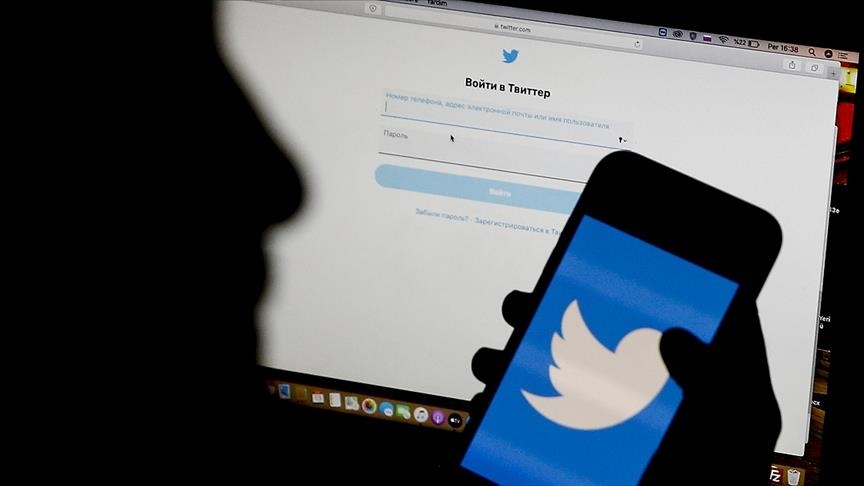As the crisis in Ukraine rages on, the global IT sector is joining governments and the international community in efforts to punish Vladimir Putin and Russia. Dozens of enterprises in Silicon Valley and throughout the world are reacting to Russia’s incursion by disconnecting the country from their goods, digital services, and systems.
Oracle stated on Wednesday that it would halt operations in Russia, becoming the second big technology company that invaded its sovereign border this week.

“On behalf of Oracle’s 150,000 employees around the world and in support of both the elected government of Ukraine and for the people of Ukraine, Oracle Corporation has already suspended all operations in the Russian Federation,” the company said in a tweet.
The announcement came just one day after Apple said it would suspend all product sales in Russia in reaction to the Ukrainian invasion.
“Last week, we stopped all exports into our sales channel in the country,” Apple said in a statement. “Apple Pay and other services have been limited. RT News and Sputnik News are no longer available for download from the App Store outside Russia. And we have disabled both traffic and live incidents in Apple Maps in Ukraine as a safety and precautionary measure for Ukrainian citizens.”

The suspension of Apple Pay appears to have hampered Russians’ ability to utilize subways in major cities since many commuters were used to paying for fares using their cellphones. Google Pay has also been blocked since the United States imposed sanctions on Russia, prohibiting companies from operating in the Russian economy.
Google also announced a reduction in its activities in Russia, removing RT and Sputnik, two Russia-backed media outlets, from its Google Play Store.
“Consistent with the work we’ve described to reduce recommendations, pause monetization, and limit the reach of Russian state-funded media, mobile apps for Russian news channels RT and Sputnik are no longer available on the Play Store across Europe,” Google said in a statement. “Our teams continue to monitor the situation around the clock to take swift action.”

On Wednesday, Google said that it has begun deleting Russia-backed media channels from YouTube.
Microsoft also announced the removal of state-sponsored media sites from its app store, as well as the deranking of news sources in its search engine Bing.
Microsoft also stated that it was doing more to protect companies and other nations against cyberattacks, owing to Russia’s advanced cyber warfare tactics over the last decade.
“One of our principal and global responsibilities as a company is to help defend governments and countries from cyberattacks,” the company said in a statement. “Seldom has this role been more important than during the past week in Ukraine, where the Ukrainian government and many other organizations and individuals are our customers.”

Twitter has been rebuked for refusing to remove RT and Sputnik information from its platform, but it has committed to flagging tweets from state-sponsored sources. In addition, it stated that it would comply with a European Union ban on content from the two media channels if and when it comes into force.
The company also stated that it has suspended or banned hundreds of accounts with Russian origins.

Some opponents in the EU and the US have reacted to the actions, claiming that restricting freedom of expression is not a feasible solution and contradicts the democratic norms professed by the West and Ukraine.
However, EU officials have stated that the bloc’s restriction is temporary and would be withdrawn as soon as Russia ceases its sanctions. “Systematic information manipulation and disinformation by the Kremlin is applied as an operational tool in its assault on Ukraine. It is also a significant and direct threat to the Union’s public order and security”, said Josep Borrell, the EU’s foreign affairs and security policy chief


